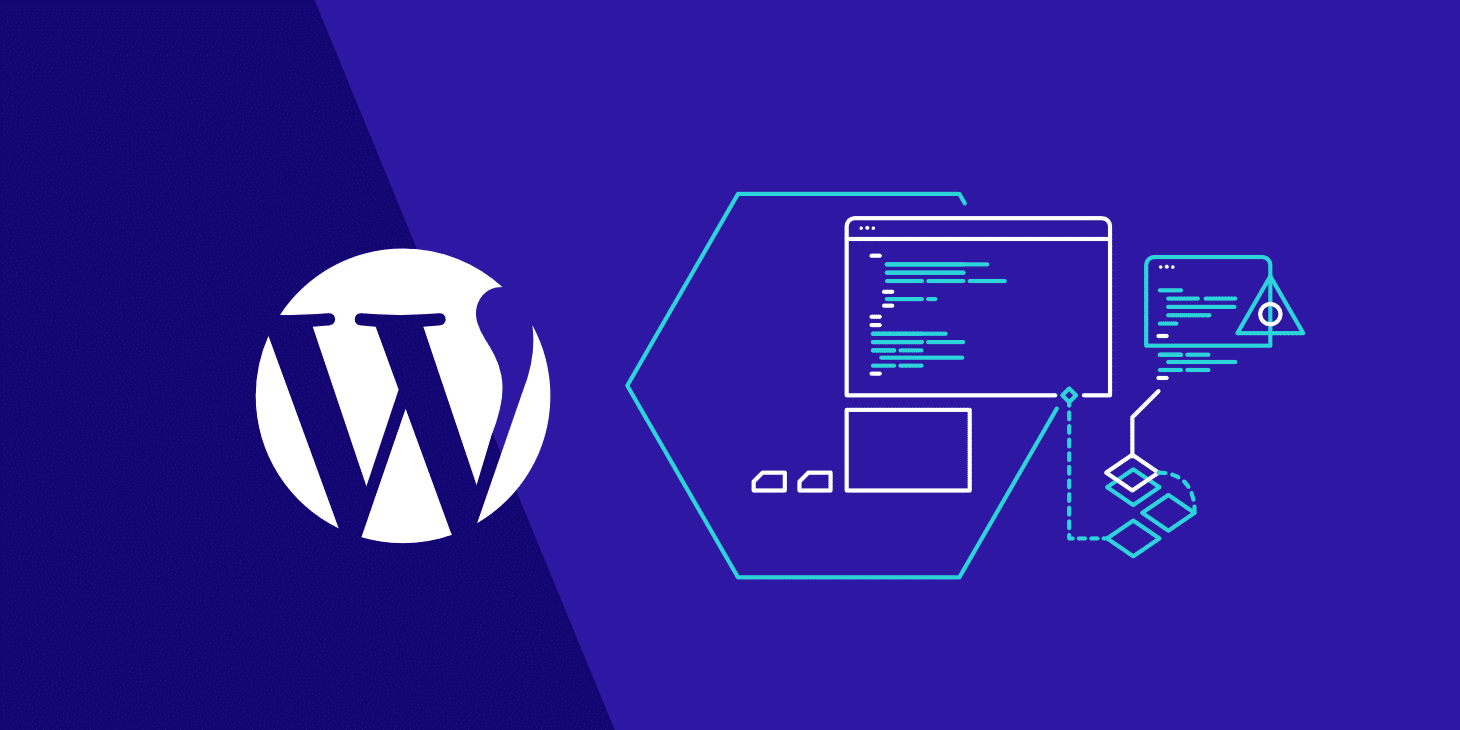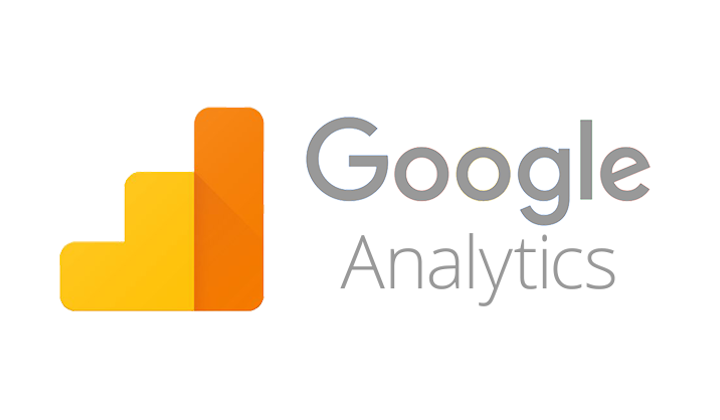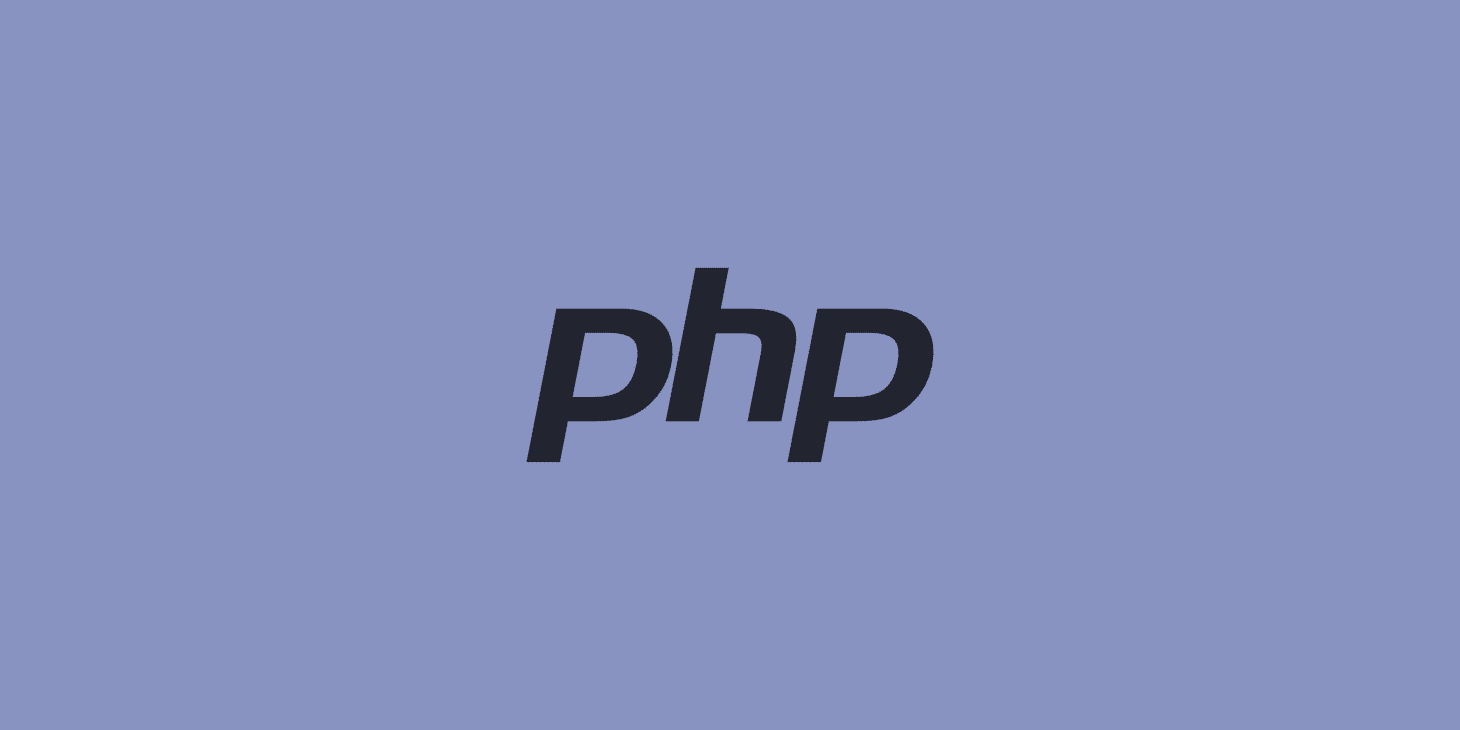
In the next 9 minutes you will be reading about the PHP Scripting Language, the Backend Development Trends, Why does Businesses like ours trust PHP, and the Best PHP frameworks that we believe would rule the Backend App Development industry in 2019-2020.
Ready for the ride?
Let’s begin.
A few days back we wrote a similar article on our choice of Frontend Development language – JavaScript and we got a series of emails from mobile app industry enthusiasts requesting us to do a similar article on our favorite Backend Development tool as well.
For those who wish to glance through our JavaScript Guide, head on to – JavaScript Framework Guide & Top 15 JS Frameworks of 2019 {Prediction}
While in there we talked about Frontend development to a great extent, this one is all about the Backend.
Irrespective of how innovative or impeccably designed an app’s Frontend is, for it to work as it is supposed to, the Backend Development process needs to be securely developed in a way that it is maintainable and supports scalability to a great extent.
Now, talking of Backend Development, there are a number of scripting languages that a company can choose from for their process.
PHP, although one of the most used scripting language among businesses for the Backend development of their Web Apps, it is not the only option that they have when it comes to the task.
There are a number of other languages that are constantly evolving to take the share of the PHP attention. While they will take time to surpass the adoption rate of PHP, they are not lacking that behind.
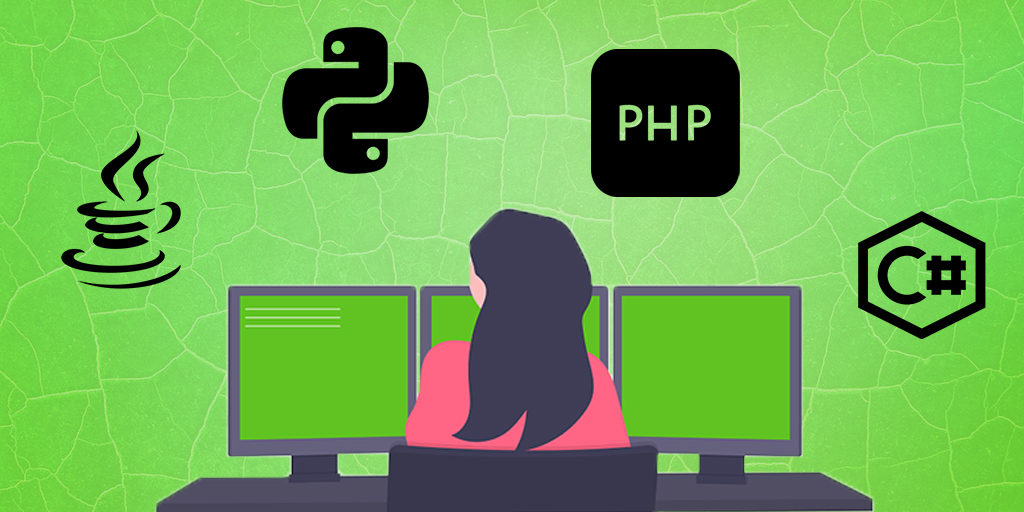
The fact that the market for supporting the development of Backend is expanding to a great extent, is a sign that the process is going to evolve, very soon.
On the note of evolving, here are the Backend Development trends that will soon be seen getting adopted by businesses for better scalability in 2019 and 2020.
Backend Development Trends 2019-2020
1. AMP

The present and the time to come belongs to speed. No matter how impeccable your mobile app is, the speed with which it loads should be within seconds (even microseconds) as well. The importance of having a fast load and result screening speed is so much so that it becomes one of the prime reasons for user abandonment rate.
This is where AMP comes in. AMP is a service used to accelerate the web page loading speed on mobile.
2. PWA

PWA continues to be a trend for not just frontend development but also Mobile App Backend Development. The new form of web app, while very new in the industry has a lot of features to offer to the mobile app development companies.
Having a solid Backend developed for meeting the exact need of Progressive Web App (a mobile app type which is even winning the PWA vs Native App discussion) Development is what 2019-2020 are going to be about.
3. RAIL

An acronym for Response, Animation, Idle, Load – is the new definition of the success of the Backend Development of your mobile app. A definition which will become a must-have feature in all the Backend Development processes in 2019-2020.
Response – Should be under 50ms
Animation – Should Produce a Frame in under 10 ms
Idle – Maximized to load the page again in under 50 ms
Load – Become Interactive in under 5 seconds
Now that we have seen the trends that are going to rule the backend development processes, let us now talk about what we called you in for – About the best PHP Frameworks for App Development.
There are a number of reasons that make PHP as our first choice of the backend development process that we follow here at Anteelo. Here are a few of them –
- Database Flexibility
The most convenient part of PHP frameworks are that they can be connected to a number of different databases. While their connection with MySQL is most commonly adopted, they are not restricted to it.
- Fast Load Time
PHP codes, unlike ASP, run in its own memory space, which increases the web page loading speed to a great extent – a features that is perfectly aligned with the 2019-2020 backend development trend of AMP.
- Greater Platform Diversity
PHP is the one language that is not restricted to website development only. It has also expanded in the mobile domain. Also, the language is used to develop a range of different apps across categories.
- Supports CMS, Heavily
Content Management System is the common factor among all the successful web and mobile apps across the globe. While there was a time when HTML used to be the ideal language for CMS development, the baton has now been handed over to PHP.
The fact that PHP is powered to support a number of different features across different platforms, our industry has been witnessing a number of frameworks been launched under the PHP umbrella to make the backend development journey a lot easier.
With more or less 100s of different PHP frameworks to choose from, it can get very difficult for businesses looking to design their tech stack.
Let us now give you an insight into the frameworks that we use for Backend development and the ones that will be adopted to a much greater extent in the world of PHP Framework 2019-2020.
There are a number of factors that leads us to choose these five as the top Best PHP frameworks used for our backend development process –
- Flexibility
- Cost Effectiveness
- Ease of Development
- Help with faster speed to market
Without further ado, let us look into each of them in detail –
4. Laravel

The highly expressive framework offers the benefit of web application that aids the development of maintainable codes. Laravel is fit for the development of highly robust web apps. The PHP Framework Laravel comes packed with features that help customize even the complex apps according to the users’ prerequisites.
However good it sounds, the framework does not come sans pros and cons, let us look into some of them –
Laravel Advantages
- Easy availability of documentation
- Speedy execution of Web Applications
- In sync with the modern day expectations from a web apps – Speed, security etc.
Laravel Shortcomings
- New framework, doesn’t come bug free
- Raises Database query which impacts performance
5. Sympfony
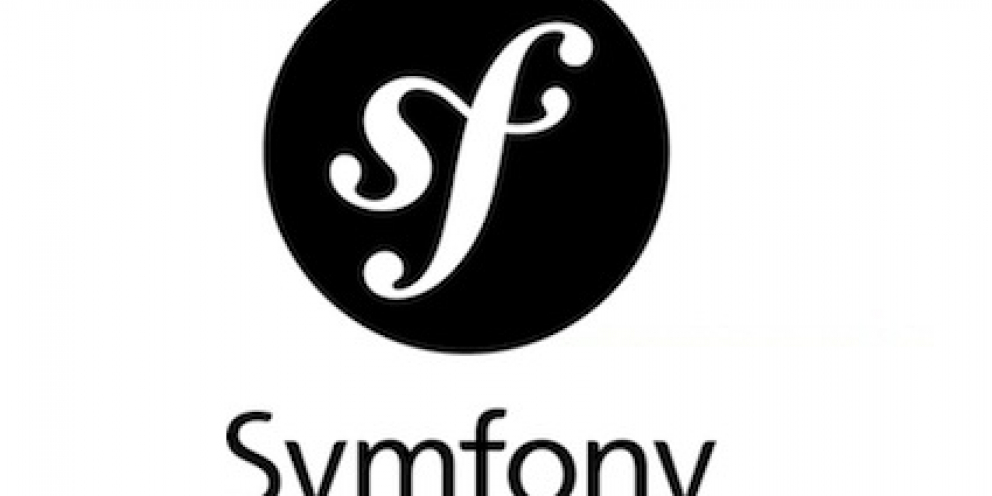
Launched in 2005, Symfony has worked long to establish itself as one of the most reliable, mature PHP frameworks. Over time the framework has established itself as extensive PHP MVC framework for development of robust web applications – the one that abides by the PHP best practices to the tee.
Being an old PHP framework, Symfony also doesn’t come free of pros and cons. Here are some of them –
Symfony Advantages
- Developers get the option of selecting own DRM
- The components can be integrated to bigger projects such as Drupal
- There is higher flexibility when it comes to setting projects.
Symfony Shortcomings
- Documentation lacks references
- Security mechanism is quite hard to use
6. CodeIgniter
It is an open-source PHP framework, which is known for its small footprint, is used for developing rapid web frameworks, which ultimately helps in the development of the dynamic websites in PHP.
Like all the other frameworks in the backend development industry, CodeIgniter also doesn’t come free of pros and cons. Here are some of them –
CodeIgniter Pros
- Comes with simple set up options, which are ideal for the beginners to learn
- The documentation is highly illustrated
- There are minimal to zero lags
CodeIgniter Cons
- Can be difficult to modify codes
- There is a lack of default modular code separation.
7. Yii
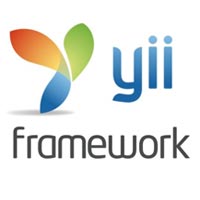
Although. Like the PHP Framework Laravel, Yii is also a new backend development framework in the industry, the framework doesn’t disappoint developers looking to create a support for the development of complex web apps.
Even though the framework has been well accepted by a number of mobile app builders across the industry, there are some things that the world loved about the framework and some that they are not that big a fan of. Let us look into them –
Yii Advantages
- Lightweight Codes
- Low Learnability Scale
- Greate Security Features
Yii Shortcomings
- Presently, lacks the support for creating complex apps
- Lack of availability of Yii development experts
8. Zend

It is a complete object oriented framework which makes use of a number of object-oriented features such as interfaces and inheritances, which makes the framework extendable at one point or the other.
Since the framework is highly customizable, it abides by PHP best practices and enables developers to add in functionalities that are specific to their projects.
Here are some of the pros and cons of the Zend framework –
Zend Pros
- Extremely well documented
- Large community base
- Use at will structure which enables mobile app builders to pick and choose the components they need instead of the complete package library
- Has PHP MVC Framework components that comes with the power of modularity
Zend Cons
- The framework comes with a steep learning curve, which makes it less attractive for the mobile app builders.
Now that you have seen the 5 Best PHP frameworks that we swear upon, let us now look into the other 5 Frameworks that will make/continue to make a mark in the world of PHP Framework 2019-2020.
The Five Best PHP Frameworks That will Continue to make an Impact Backend Development in 2019-2020
1. CakePHP

CakePHP framework makes the process of web app development simple, fast, and less code requiring. The modern PHP7 framework offers access to a flexible database layer and one powerful scaffolding system, which makes it easy to offer PHP best practices and build both – small and complex apps.
Other than being flexible and convenient, there are a number of other factors that comes together to make CakePHP one of the most widely accepted Backend development framework, like – Easy Extension, PHP MVC Framework architecture, and compatibility with a number of different PHP versions, amongst others.
2. Aura
Aura is the UI PHP framework, which is used for the development of dynamic web apps that run on both – desktop and mobile devices, while offering a scalable long-circle lifecycle for supporting the development of apps that are designed for growth.
Aura framework supports the partitioned multi-tier component development process, which helps bridge the server with the client.
3. Phalcon

Unlike the majority of the PHP frameworks, Phalcon is integrated as the web server extension that is written in C and Zephir, with the aim to expedite the execution speed.
The framework also lowers the resource usage, and help handle a greater number of HTTP requests per second when compared with the other frameworks that are written specifically in the PHP language.
4. Slim
The framework that recently released the 3.10.0 version, is a PHP micro framework, which helps with quick development of simple and yet robust APIs web applications. The framework comes with a number of notable features such as – Concentric Middleware, Dependency Injection, HTTP Router, and PSR – 7 HTTP message implementation.
5. Fat-Free
The PHP Micro-Framework is designed to help develop robust and dynamic web applications. The framework is developed with the prime goal of supporting user experience and usability. It adorns features such as a cache engine, URL router, and a support for the development of multilingual applications.
So here were the Ten PHP Frameworks that we believe will continue to be counted as the go to tools for Backend Development. Now the decision of which one of the go with, would have become a lost easier by now, by the exact choice would depend on first your requirement and second the documentation and community support the framework comes attached with.


